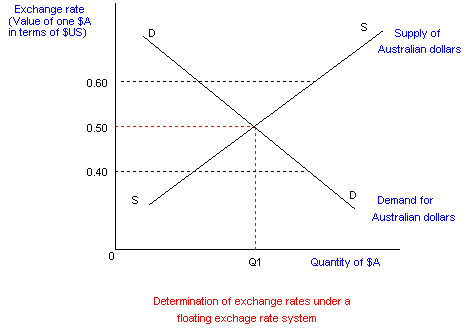Exchange traded funds in South Africa
Post on: 20 Май, 2015 No Comment

Investec have launched 3 new Exchange Traded Notes — a Gold ETN. a SWXTRI ETN and a TOPTRI ETN.
What are ETFs?
Exchange traded funds (ETFs) are listed securities (e.g. on the Johannesburg Stock Exchange), whose returns depend mostly on the returns of the particular basket of underlying shares each of them tracks. Most ETFs try trade a market index, such as the Top 40 shares on the JSE.
ETFs v managed funds
Whilst ETFs may have lower costs than actively managed equity funds (as they don’t have to conduct research), they do still have some costs and so are expected to underperform the index just like their actively managed brethren on average do. However, because they are not taking positions relative to the index, the underperformance relative to the index should be more stable than for actively managed funds.
Differences between ETFs and passive unit trusts
Unlike unit trusts, which can only be traded once a day at an unknown forward price, ETFs can be traded throughout the day whilst the JSE is open and you can trade at a known market value. This is particularly important if you’re trying to time your market entry (e.g. wanting to take advantage of a price drop during an event, to increase investment). However, some of the ETFs are fairly illiquid, with only a handful of trades a day, meaning that you’ll need to be a patient trader if you wish to avoid paying the full bid-offer spread. I generally avoid trading illiquid ETFs in the morning before 10am, as sometimes not enough participants have entered the market and the bid-offer spread is too high. As an example DBXJP, which tracks the MSCI Japan index, had a bid price of 427 and an offer price of 465 at 9am on the 10th August, but by 09h55 this had tightened to a bid of 446 and an offer of 450.
ETFs may pay out dividends quarterly or semi-annually, rather than as received from their underlying securities, which means there will probably be some cash drag in the ETF. This contrasts with unit trust trackers which can immediately reinvest dividends received.
ETFs are often set up so that if one of their investors so demands, they must deliver the exact basket of shares in the index they are tracking. Trackers in the unit trust market don’t have this constraint, so have a marginally higher tolerance for deviations from the index than ETFs do.
Differences between ETFs and ETNs
Exchange-traded notes (ETNs) may sound like ETFs, but they are essentially unsecured debt securities issued by banks (e.g. Standard Bank), which usually provide returns equal to that of a market benchmark, less fees. The crucial difference between an ETN and an ETF is that an ETN carries the additional risk of the underwriting bank going bankrupt (yes, even banks sometimes go bankrupt), in which case the value of the ETN will be eroded. In fact if the credit risk of the bank deteriorates this will impact on the value before the bank goes bankrupt.
When do I consider Exchange Traded Products?
When I want exposure to a certain market, and don’t have the knowledge to do the stock picking myself, and don’t have the confidence that I can pick an active manager who’ll outperform the extra fees I’ll have to pay him, I consider investing in ETFs or passive unit trusts.
Sometimes ETFs are simply used because they’re the most convenient method of gaining exposure. For example, when the tsunami hit Fukushima I wanted to take advantage of the panic and purchase Japanese stocks. I didn’t have an account for trading individual stocks in Japan, so purchased some of the DBXJP exchange traded product, which tracks the MSCI Japan Index.
List of ETFs & ETN’s in South Africa
Here’s a list I compiled of ETFs & ETNs in South Africa. Please let me know if anything’s changed from the below.
DBX JAPAN (MSCI Japan Index)














